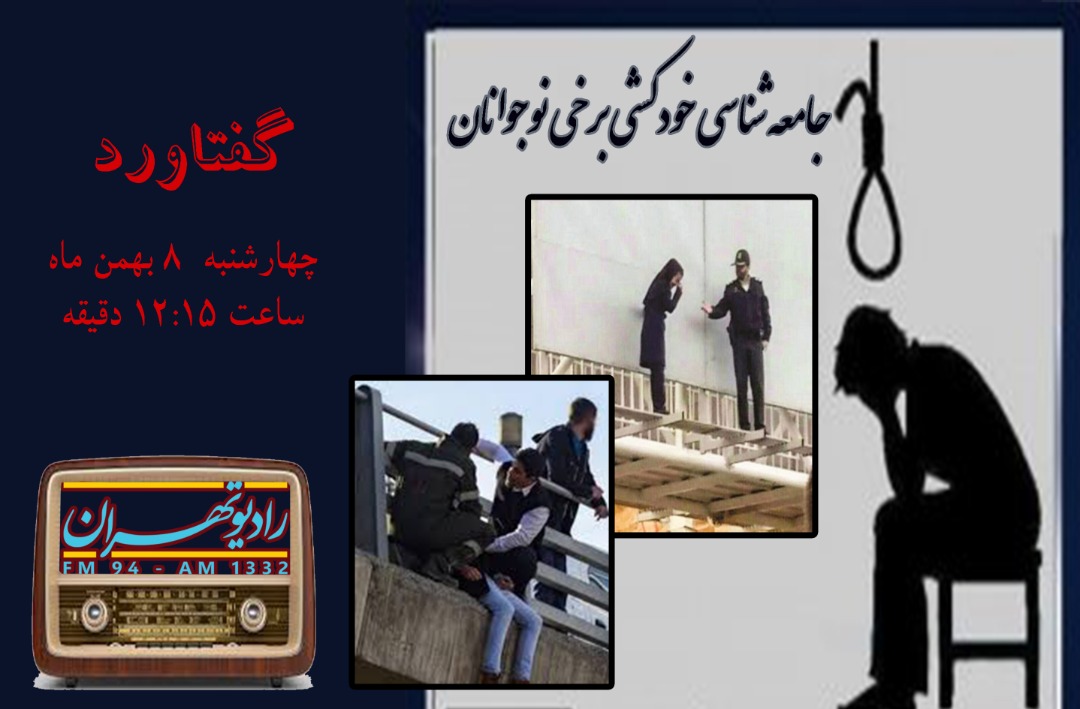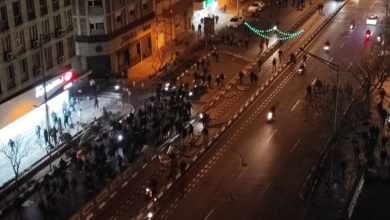کتابها و پژوهشهامقالات انگلیسیمقالات علمی و پژوهشیموسسه مطالعات و بررسیهای سیاسی و رسانهای اندیشه و قلم
The Impact of the Islamic Revolution of Iran on Daryoush Shayegan’s Evolution of Western Studies

The Impact of the Islamic Revolution of Iran on Daryoush Shayegan’s Evolution of Western Studies
Document Type : Original Article
Authors
۱ Instructor, Malard Branch, Islamic Azad University, Malard, Iran
۲ Assistant Professor, Department of Political Science, Yadegar Imam Branch, Islamic Azad University, Shahr-e Ray, Iran
۳ Assistant Professor, Department of Political Science, Central Tehran Branch, Islamic Azad University, Tehran, Iran.
Abstract
The objective of this study was to examine the impact of the Islamic Revolution of Iran on the evolution of Daryoush Shayegan’s understanding of the West. In this context, the concept of tradition and modernity in Shayegan’s thought after the Islamic Revolution of Iran was analyzed based on a combination of Carl Gustav Jung’s collective psychoanalysis and Martin Heidegger’s hermeneutic theory, which served as the foundation for reviving Eastern spirituality against the dominance of modernity over non-European cultures. The most important issue for Shayegan was the confrontation of the Iranian people with the challenge of tradition and modernity. The primary research question is: What effect did the occurrence of the Islamic Revolution have on Shayegan’s Western studies? The hypothesis is that although Shayegan at one point advocated a return to tradition and Eastern identity and criticized modern identity and modernity, even being in strong opposition to technology and modernity, after the Islamic Revolution and witnessing its transformations, he adopted a critical approach to modernity and the West. Shayegan after the revolution underwent significant changes compared to Shayegan before the revolution. He, influenced by Heidegger, was a critic of the West, believing that the West had separated from noumenon (existence) and focused on the phenomenon (appearance), which in Shayegan’s narrative meant distancing from truth and being limited to the realm of appearances. However, in the 1990s, after distinguishing between religious and political revolutions, Shayegan arrived at the concept of fragmented identity and peaceful coexistence. This does not mean that Shayegan, having moved past the Islamic Revolution, abandoned spirituality. Rather, he believed, as Vattimo argued, that the fall of metaphysics would inevitably lead to the return of spirituality, and that the postmodern world would open up profound concerns for spirituality and the crisis of meaning for humanity.
Keywords





